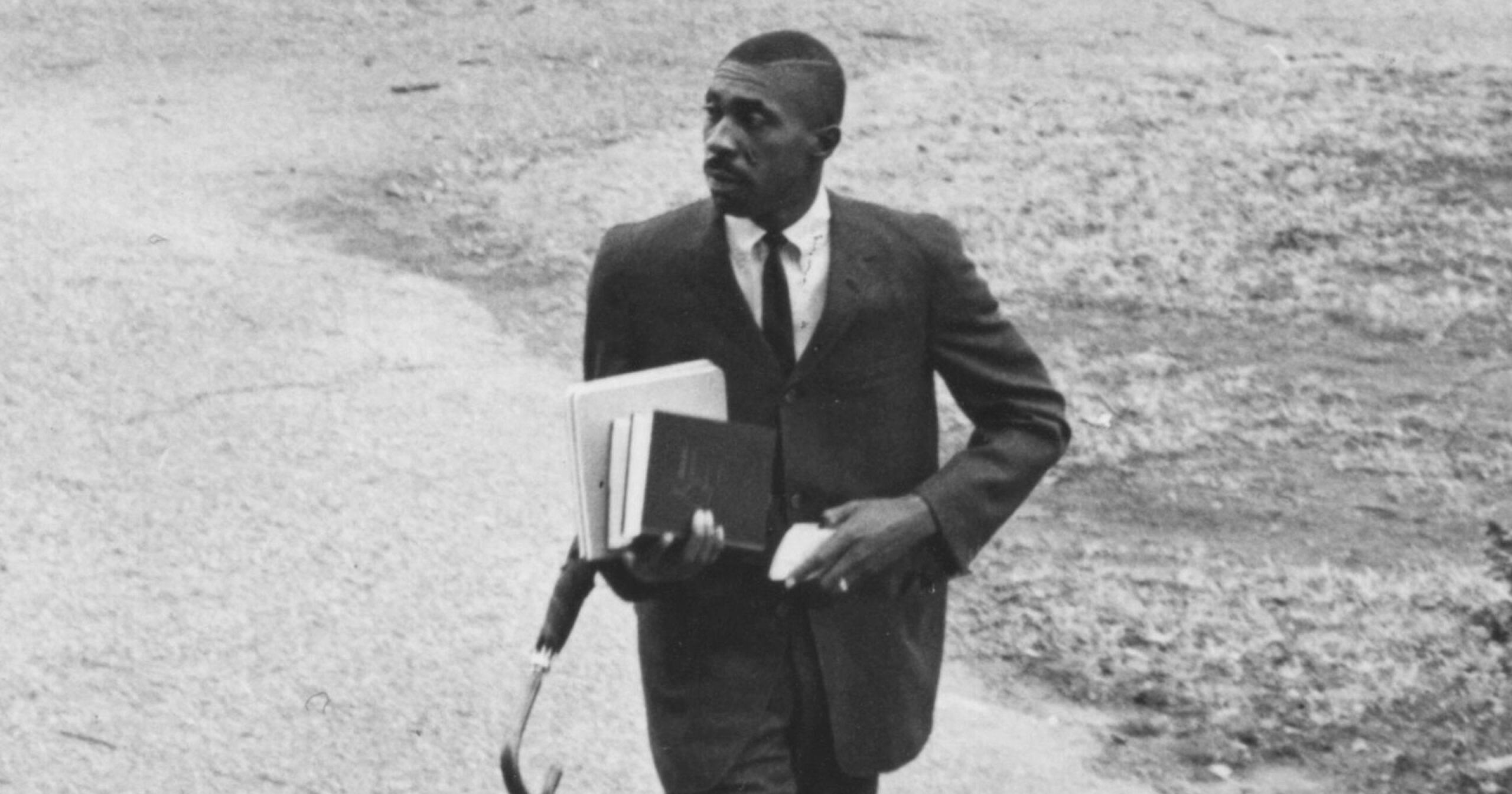
The recent death of Harold Franklin, Auburn University’s first Black student, caused me to reflect back on the day he registered and attended his first class.
January 4, 1964, was the start of winter quarter and I had driven in from Tuskegee that morning not expecting the tight security and tension that was in the air. State troopers had closed the campus and were checking everyone’s identification before allowing admission to the campus. The administration, along with student leaders, had quietly planned for this day for months. Auburn’s then-president, Dr. Ralph Draughon, had walked a tightrope trying to carry out U.S. District Judge Frank M. Johnson’s order while satisfying Governor George Wallace and the university’s board of trustees.
Wallace had started 1963 off with his famous “Segregation Now, Segregation Tomorrow, and Segregation Forever” inaugural speech. In June he had “stood in the school house door” at the University of Alabama, sparking a night of riotous behavior that reportedly involved the KKK. The governor threw up roadblocks to the admission of Franklin to Auburn, but Judge Johnson foiled him at every turn.
Noted civil rights attorney Fred Gray, who filed the lawsuit against Auburn for Franklin, had experienced a busy fall too. Four months earlier Wallace had shut down the public schools in Tuskegee, also with state troopers, to avoid court-ordered integration. Gray had sued to admit thirteen Black students to Tuskegee High School. Wallace’s actions that day did irreparable harm to my hometown and had undermined the authority of the local school board and the county sheriff: my dad, Preston Hornsby.
“Just Another Day on the Plains” was the headline on page three of Auburn’s student newspaper, The Plainsman, on January 8, 1964. That headline reflected the non-event associated with the admission of Franklin.
Making that story possible was the single act of an individual who likely, at the time, didn’t realize the significance of what he had done. As Franklin approached the building for his first class, hundreds of us had gathered to see what was going to happen. There were some catcalls, but Franklin, walking alone, headed for the building entrance. Franklin was approached by a guy near the door who stuck out his hand and said “Welcome to Auburn. ” Most of the students recognized him as Bill Van Dyke, an all-conference guard and maybe the toughest 185 pounder around. His thick neck earned him the nickname “Mongoose” and he had sacked Tennessee’s quarterback 8 times during the last season. He walked Franklin into class and the onlookers melted away. It was over.
Before he died in 2014, I met Bill Van Dyke at Jordan-Hare stadium and reminded him of that day. He got tears in his eyes as he talked about it.
* * *
Andy Hornsby is a native of Tuskegee, Alabama, an Auburn University graduate, and a retired federal government employee. His career also included high-level positions in Alabama state government.
Editor’s note: Attorney Fred D. Gray’s account of his successful lawsuit desegregating Auburn University is told in his memoir, Bus Ride to Justice. Judge Johnson’s role in the desegregation of Alabama schools and colleges, in rulings on lawsuits brought by Gray, is told in The Judge, a biography of Johnson written by former Birmingham News reporter Frank Sikora. Both books are published by NewSouth Books. More about Harold Franklin is told in these two newspaper articles on his death and the eventual granting of his Auburn degrees.
